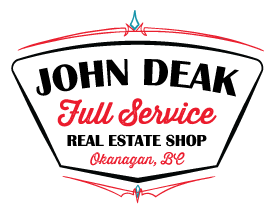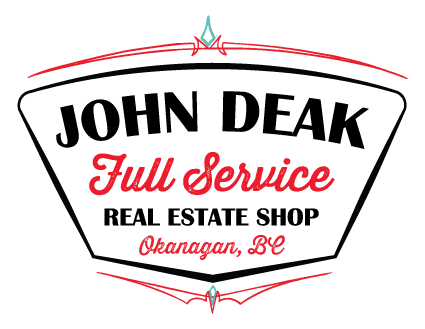April 22, 2010
What is it about Mortgages?
With interest rate hikes making the news, this might be the incentive you need to finally jump into the real estate market. Many first time buyers, or even homeowners who haven’t had a mortgage in years could find the terminology of the lending world to be a bit over the top. Here is a glossary, put together by Royal LaPage, that should help answer some of those puzzling questions you may have. If you have any more questions, don’t hesitate to call me.
Mortgage Information and Glossary
Basic Definitions
| Mortgage | A long-term loan primarily for the purpose of buying a home. A mortgage is a legal agreement in which the borrower pledges the property being purchased as security for the loan. |
| Principal | The amount of the loan – the cash you actually borrow. |
| Term | The number of months or years the mortgage covers. Normally, it will be anywhere from six months to five years. |
| Amortization | The actual number of years it will take to repay the mortgage in full. This is usually much longer than the term of the mortgage. |
| Equity | The difference between the amount for which the property could be sold and the amount you still owe on the loan. |
Types of Mortgages
| Pre-Approved Mortgage | Preliminary approval is given by the lender of the borrower’s application for a mortgage to a certain maximum amount and usually with a guaranteed rate for a set period of time. |
| Conventional Mortgage | A loan for no more than 75 per cent of the appraised value or purchase price of the property, whichever is less. |
| High Ratio Morgage | A mortgage usually for more than 75 per cent of the appraised value or purchase price of the property. Such a mortgage is often referred to as an NHA mortgage because it is granted under the provisions of the National Housing Act. These mortgages must, by law, be insured through GE Mortgage Insurance Corporation or the Canada Mortgage and Housing Corporation (CMHC). |
| First Mortgage | The debt registered against your property that has to be paid first in the event of sale or default. |
| Second Mortgage | A mortgage granted when there is already one other mortgage registered against the property. If the borrower defaults and the property is sold, the second mortgage is paid after the first mortgage. |
| Leasehold Mortgage | A mortgage on a home and/or improvements where the land is rented rather than owned. |
| Collateral Mortgage | A mortgage backed by a promissory note and the security of a mortgage on real property. The money borrowed is usually used for other purposes, such as home improvements, a vacation or a business investment. |
| Bridge Financing | A special, short-term loan needed to cover the time gap between completing the purchase of a property as agreed and finalizing arrangements to pay. This usually occurs when two properties are involved and the closing dates do not match. |
Terms and Conditions
| Fixed Rate Mortgage | A mortgage for which the rate of interest is set for a specific period of time (the term of the mortgage). The regular payment of the principal and interest remains the same throughout the term. |
| Variable Rate Mortgage | A mortgage for which the rate of interest changes from time to time as money market conditions change. The amount of the regular payment of a variable rate mortgage does not change. The difference lies in the way the payment is applied. If interest rates go up, more of the regular payment will be applied toward interest. If interest rates go down, more of the regular payment will be applied toward the principal. |
| Open Mortgage | A mortgage which allows the borrower to repay the loan more quickly than agreed, usually with prepayment charges. |
| Closed Mortgage | A mortgage that generally does not allow the borrower to repay the loan more quickly than agreed. |
| Portable Mortgage | A mortgage where the principal balance, the term remaining and the interest rate are transferred to a mortgage on your new property. |
| Blended | Occurs when you combine the mortgage balance outstanding on the home you are leaving and adding additional financing to purchase your new home. The interest rate will change to one that combines the rate on your old mortgage with the rate in effect at the time you add additional financing. |
| Compound Interest | Interest charged on interest owing. The more frequent the compounding, the more interest will be paid. |
| Buying Down | A term used when quoting interest rates. It means that someone, usually the vendor or seller, has arranged with the mortgage lender to prepay a portion of the interest owing on the mortgage. This allows you, the new borrower, to assume a mortgage debt at an interest rate lower than the current or stated rate. |
Posted in Buying Help

